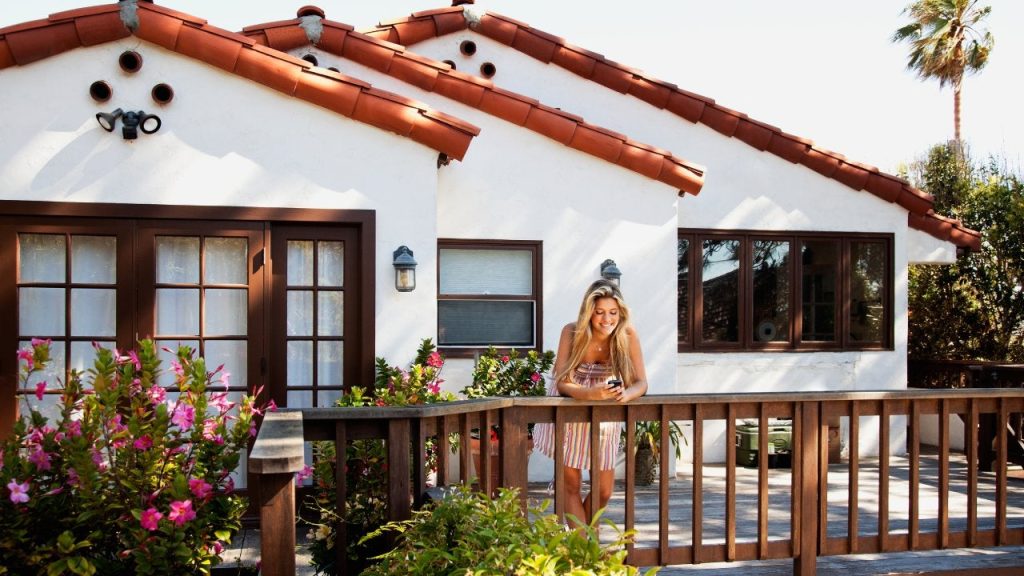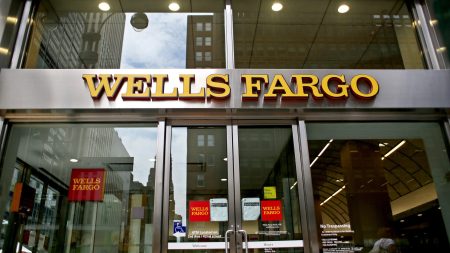Buying an investment property is one of the more common ways to invest in real estate. Whether you plan to offer the property to renters or fix it up to sell for a quick profit, here are the latest investment and rental property statistics to help guide your choices.
Investment and rental property statistics
- There are 19.3 million rental properties in the U.S., with 85.6% of those properties containing one unit (single-family). In total, there are 49.5 million rental units in the U.S. (U.S. Census Bureau)
- Builders are on track to add a record 518,108 new apartment units to the U.S. rental market in 2024. (RentCafe)
- Rental properties are largely owned by individual investors (70.2%), followed by LLCs and LLPs (15.4%) and real estate corporations and REITs (1.2%). (U.S. Census Bureau)
- The average annual cost of owning a single-family home in the U.S. is $18,118. This includes expenses like homeowners insurance, property taxes and maintenance. (Bankrate)
- For apartment owners, net operating income (NOI) slowed to 3% in the third quarter of 2023 — down from a high of 25% in 2021 — thanks in part to increased costs and insurance premiums. (Harvard University Joint Center for Housing Studies)
- Multifamily rents increased 2.6% year-over-year as of July 2024. (Zillow)
- The typical real estate investor’s home sold for $190,404 more than the purchase price as of June 2024. (Redfin)
What is an investment property?
An investment property is a property that’s main purpose is to generate income for its owner, usually in the form of rental income. In the residential housing market, this means renting a one-unit (single-family), two-unit (duplex), three-unit (triplex) or four-unit property to short- or long-term tenants. Typically, the owner of an investment or rental property isn’t using the property as a primary residence, unlike a second home or vacation home.
Current investment property rates
Investment property loans have higher mortgage rates compared to loans for primary residences. Banks and other lenders charge more for investment property loans to compensate for the higher risk of non-owner-occupied property.
Is real estate a good investment?
There is some level of risk to any type of investment, but real estate is widely considered one of the better bets.
“Among the potential benefits of owning a residential property as an investment are passive income, potential tax benefits from deducting mortgage interest and other costs, appreciation in the asset’s value and diversification of one’s portfolio,” says Mark Hamrick, senior economic analyst for Bankrate.
“Inflation protection is another potential benefit,” says Minette Schwartz of The Schwartz Team, with real estate brokerage Compass, in Miami Beach, Florida. “Rent prices often increase with inflation, which means your rental income could rise over time, maintaining or even increasing your purchasing power.”
Still, you’ll encounter unexpected maintenance costs and the potential for vacancies that are hard to fill.
If you need cash quickly, it also takes a lot longer to sell real estate than it does other investments, Hamrick says.
“Market volatility is another factor that can affect the profitability of your investment,” says Schwartz. “Property values can fluctuate based on locale and broader economic conditions. For example, job losses in the area can reduce demand for rental properties, leading to lower rental rates or longer vacancy periods.”
As with any investment, risks like these can have a major impact on your returns if you’re not prepared.
Read the full article here










